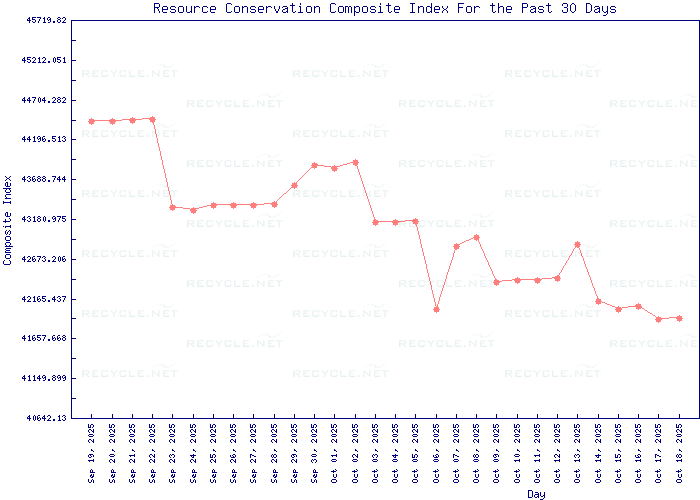
The economic impact of
climate change and greenhouse gas (GHG) emission reduction efforts
may result in the most dramatic shift in the basic metrics of business and finance in history.
Without a crystal ball, no one knows how the evolution of regulated or voluntary
climate change markets will mature. The introduction of cap and trade regulations, the possibility of a carbon tax and the
creation of new tax credits are all on the horizon. Major corporations have appointed environmental officers charged with the mandate to
have their organizations become carbon neutral.
The measurement and certification of carbon reduction efforts may qualify for carbon emission credits
or carbon offset credits. The trading of carbon offset credits provides a method for broad participation in the
carbon markets. The acquisition of carbon offset credits may assist anyone in becoming carbon neutral
by offsetting their carbon footprint.
RecycleNet
has taken a pioneering step by introducing the
Recycling Offset Credits (ROCs) program.
By measuring and certifying
recycling efforts we may be able to demonstate the huge impact recycling
can have on our environment and climate change efforts.
Collecting Used Vegetable Oils (UVO) and recycling it into
BioFuel or BioDiesel is one example of the benefits of recycling.
Increased demand for silicon scrap has strengthened mineral markets.




